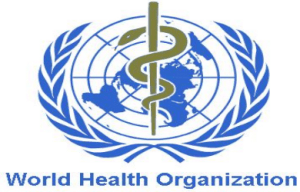
The WHO’s Regional Committee for Southeast Asia, meeting from September 10 to 12, will seek strategies to promote high-quality traditional medicines while ensuring that they are regulated and backed by adequate research, WHO officials said.
Traditional medicines have been used for centuries in each of the 11 countries — Bangladesh, Bhutan, India, Indonesia, Maldives, Myanmar, Nepal, North Korea, Sri Lanka, Thailand and Timor-Leste — that make up WHO’s Southeast Asia Region.
India, Thailand and Sri Lanka are among countries that regulate practitioners of traditional medicine and have formal systems of traditional medicine education.
In 2013, India had over 387,000 registered practitioners of ayurveda and 300,000 practitioners of unani, siddha or homeopathy, regulated by councils for each of these alternative streams of medicine and overseen by the Union health ministry’s AYUSH department.
“Most traditional medicine practitioners in India provide health care services independently and in parallel to the health care delivered through modern medicine,” a WHO official said. “The new initiative seeks to integrate traditional medicine into the health care system.”
The WHO has adopted a 10-year strategy for 2014 to 2023 that seeks to strengthen the safety, quality and effectiveness of traditional medicine drugs through regulation.
India has over 260 colleges that offer undergraduate (BAMS) degrees in ayurveda that can accommodate over 10,000 students. Over 180 colleges offer nearly 12,000 seats each year for the five-year undergraduate degree programmes in homeopathy. [Source]

Every Homoeopath must record their case s and summit altogether at anyhow to WHO regional office to show the efficacy of homeopathy.
Quality of education, modern infrastructure in academic institution & equalisation of status of ayush doctor. with allopathy are d steps need to boost-up d ayush system of medicine. Ayush doctors employed under NHM Scheme are doing hard work but exploited most by giving them a meagre salary.
Xpecting gd days in AYUSH system…
Who are the participant of this meet and what are the purpose If some interested people wants to participate what are the way to participate
Appropiate step of WHO is bare necessity at prèsent scenarìo for inteĝrated approach of AYUSH system with allopathy to give health facility for all in one place with all modern research oriented approach.Thus WHO meet at DHAKA In september is justified .one thiñg i want to give suggestion that doctors of all systems must be given equal status to achive the goal.